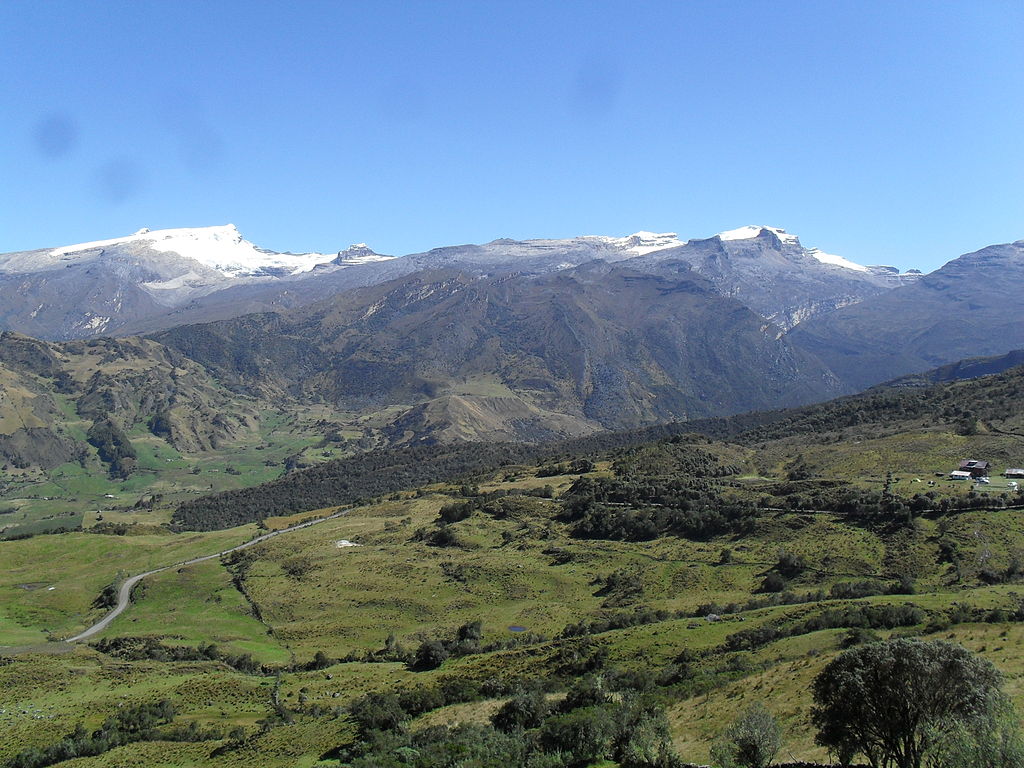Territory disputes in Colombia and their international reach

The U’wa consider the Sierra Nevada del Cocuy mountains an especially sacred part of their territory.
Anna Johnson - Before colonizers drew territorial lines in South America, the land was divided among various indigenous groups. Many of these groups have disappeared, but the U’wa of northeastern Colombia still exist - and they’re fighting to regain control of their ancestral lands. They’ve spent the last three centuries fighting for sovereignty over their lands, protesting development projects from multinational oil and gas companies through formal protests and legal battles. Now, they’re suing the Colombian government directly, saying the government has violated their sovereignty and core beliefs that nature itself is sacred and must be protected.
We think of territory in terms of boundaries. Within those lines, a government has authority over the citizens and the land. The Colombian government has a territorial claim on the U’wa’s ancestral lands, meaning they have the right to control what happens in those areas. The U’wa also claim their own territory within the boundaries of the state. They’re suing the Colombian government in the Inter-American Court of Human Rights (IACHR) for the right to their own sovereignty over this land. They say their territorial claims have been violated due to pollution from oil pipelines and gas stations. The Constitutional court of Colombia says resource-related conflicts have put the U’wa at “risk of physical and/or cultural extermination.” The U’wa’s territorial claims are more than ancestral - they’re backed by colonial titles from before Colombia existed. The two competing territorial claims on the land complicate the U’wa’s relationship with the Colombian government. The government’s claim to the land is a formal territory, defined by internationally recognized boundaries. The U’wa’s claim, however, is an informal territory, defined more by history and a collective understanding than by a boundary. Their lawsuit is an attempt to formalize their sovereignty over the land through recognition on an international scale at the IACHR.
The U’wa’s lawsuit has the potential to be relevant across the Latin and South American regions. If the IACHR rules in their favor, recognizing their claim to their ancestral lands, it would set a binding precedent other indigenous communities could follow to have their lands formally recognized. The indigenous communities in South America are a formal region, united in their similar relationships with the states that rule them rather than through a specific purpose or organization. If the IACHR rules that Colombia must recognize the U’wa’s land claim and offer compensation for damages to those lands, other groups in the area can use the ruling as a basis for their own territorial claims.
Photo credit: Petruss, CC BY-SA 3.0, via Wikimedia Commons

